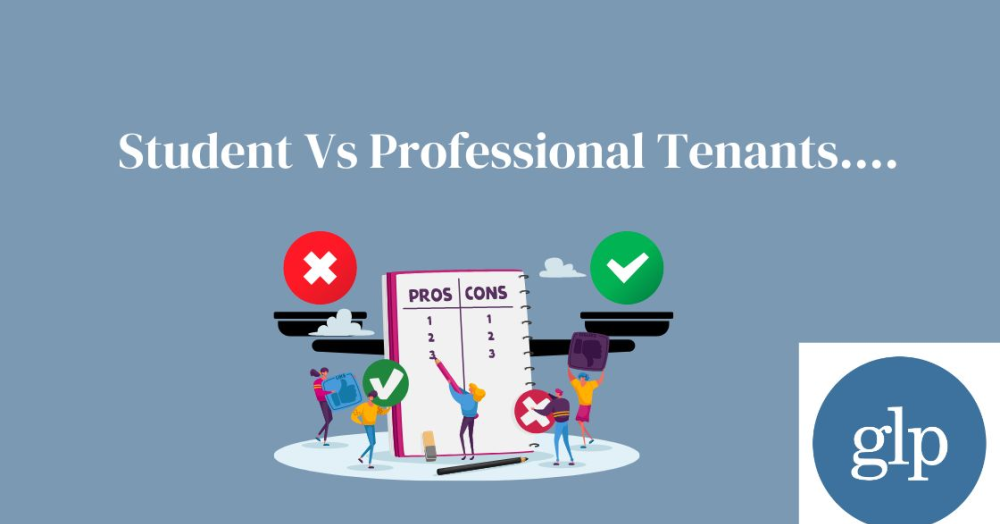Landlords often wonder whether they should rent their property to students or professionals. Each group has its own set of advantages and potential drawbacks, and understanding these can help you make the best decision for your rental business. In this article, we will explore the pros and cons of renting to students versus professionals.
Renting to Professionals
Professionals typically seek stability and a place to unwind after a long day at work, and they might be less likely to move frequently than students.
Pros of Renting to Professionals
1. Stability: Professionals often look for a stable living situation and tend to have longer leases than students. This can reduce the hassle and expense of frequent tenant turnovers.
2. Reliable Income: With a steady job, professionals are likely to have a consistent income, which may make them more reliable in terms of timely rent payment.
3. Care of Property: Professionals, particularly those older or with families, may take more care of the property, treating it like their own home.
Cons of Renting to Professionals
1. Demanding: Professionals might expect high living standards and can be demanding when it comes to maintenance and property upkeep.
2. Vacancy Periods: It might take longer to find professional tenants compared to students, leading to potential vacancy periods.
Renting to Students
Students represent a vibrant, ever-replenishing pool of potential tenants, particularly in university towns or cities.
Pros of Renting to Students
1. High Demand: If your property is in a university area, there will be a steady supply of students needing accommodation each academic year.
2. Higher Rent Potential: You can often rent by the room, which may yield a higher total rent than leasing the entire property to a single tenant.
3. Guaranteed Payments: Students often have parental guarantees for rent payments, or upfront payments, adding an extra layer of financial security.
Cons of Renting to Students
1. Frequent Turnover: Students usually rent for the academic year, which can lead to frequent turnovers and the associated costs.
2. Potential Damage: Some students may not treat the property with as much care, potentially leading to more wear and tear or damage.
Conclusion
Whether you decide to rent to students or professionals will depend on several factors, including your property’s location, your own financial needs, and your personal comfort level with different tenant dynamics. Both groups have distinct advantages and disadvantages.
Professionals may offer more stability and care towards your property, but finding professional tenants can take time and they might have higher standards. Students, on the other hand, ensure a steady demand, especially if your property is near a university.
By understanding these dynamics, you can make an informed decision that suits your property and your goals as a landlord.
Contact
Greater London Properties today if you would like a property valuation or to discuss your rental property in further detail.
0207 113 1066
www.glp.co.uk

